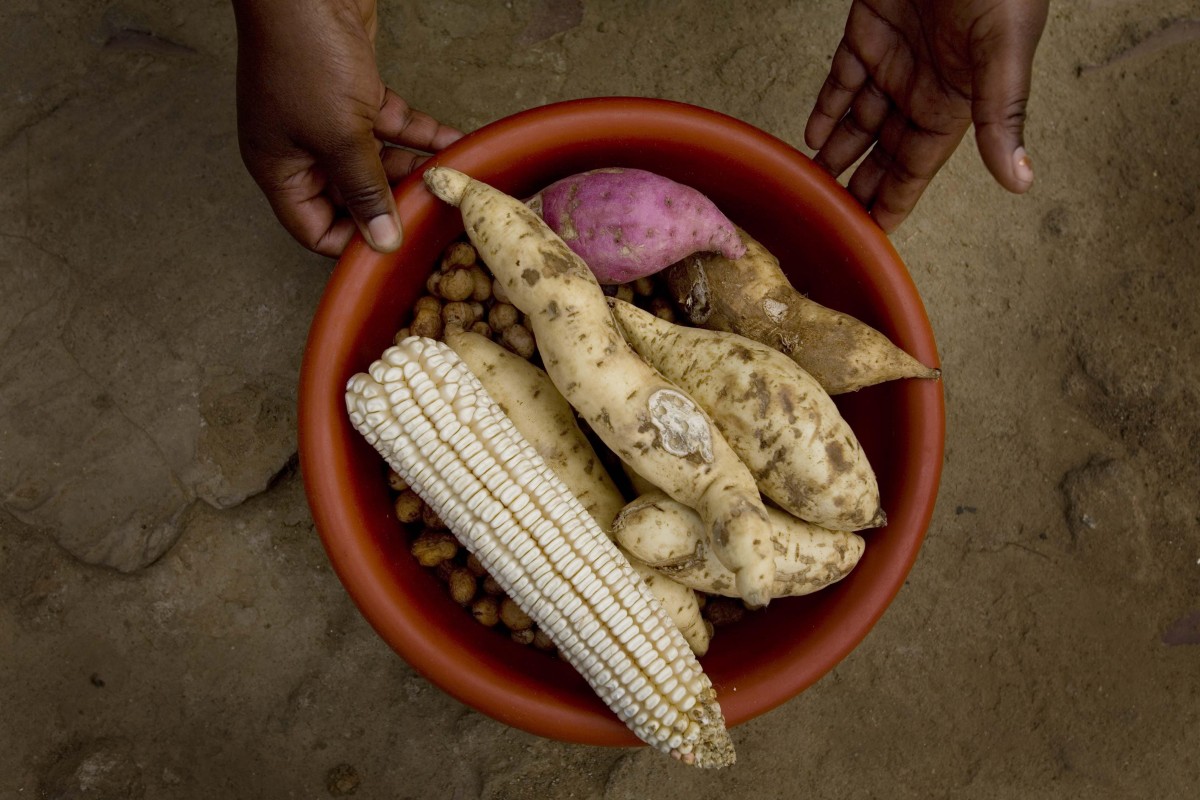Sponsored Content
Crises in East Africa and Yemen: Austria Supports Affected Regions
In order to support states that have been hit particularly hard by national or international conflicts as well as by natural disasters and climate change, the Austrian Federal Government made 8 million euros available from the Foreign Disaster Fund. The money will go to organisations that are active in Yemen and East Africa.
 Yemen and East African states receive 8 million euros from the AKF of the Austrian Foreign Ministry. / Picture: © Wikimedia Commons /Africa Food Security 3 /Kate Holt/AusAID / CC BY 2.0
Yemen and East African states receive 8 million euros from the AKF of the Austrian Foreign Ministry. / Picture: © Wikimedia Commons /Africa Food Security 3 /Kate Holt/AusAID / CC BY 2.0
The war in Ukraine pushed a large part of the world into an uncertain future. Regions of the world already suffering from the effects of climate change, natural disasters, armed conflicts and the aftermath of the COVID-19 pandemic now fear for their food security because of Russian President Putin's cynical way of using food as a weapon.
Yemen and East African countries such as…
or Log In
Fast News Search





